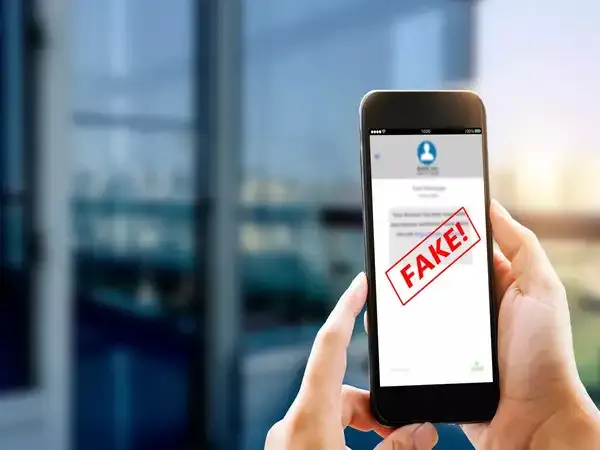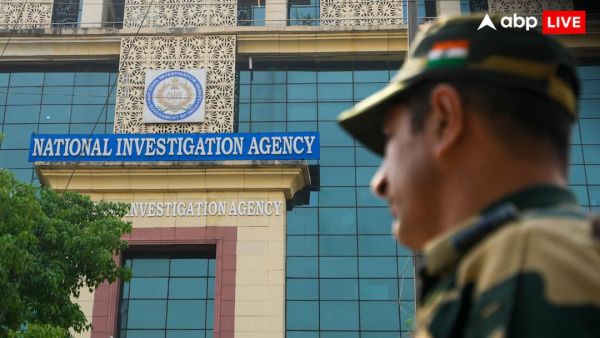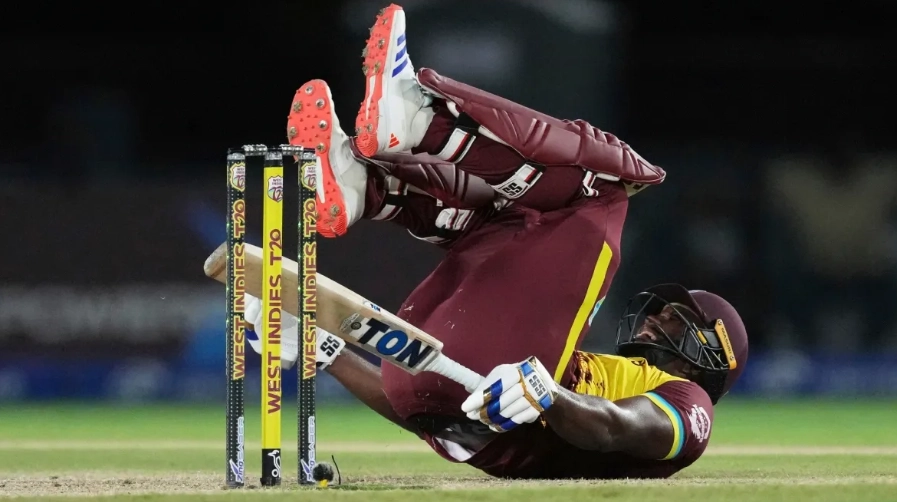
Amidst the activity, a new threat is growing rapidly — fake SMS and calls being sent in the name of the bank. These efforts often cause users to panic and make mistakes, which can lead to bank accounts, OTPs, user IDs and other frauds. Recently, Reserve Bank of India (RBI) has also advised people to be cautious about such phishing attempts.
How to identify fake message/call?
Sender not identified: Genuine SMS coming from the bank usually comes from a short code or a registered alphanumeric ID. If you have seen a bank SMS from a normal 10 digit mobile number, this could be a warning that it may be fake.
Pressure to click on links: Messages like “Your account will have to be blocked immediately”, “A huge amount of money has been removed from your account” ask you to click on the link immediately. Real banks never ask for links or sensitive information like this through SMS.
Asking for OTP, PIN, password: If the SMS or call asks for your OTP, debit-card PIN or bank username, it is clearly a fraud — banks cannot ask for these details.
Linguistic and formatting errors: Spam messages often contain grammatical mistakes, uncertain links, and unfamiliar terminology. Genuine bank messages are in a respectable format.
Pressure for extreme immediate action: Things like “do it now”, “last chance”, “your account will be closed” increase the risk. It is better to remain calm and verify by calling the official number of the bank yourself.
What to do if you have doubts?
Never click on the link, especially if it is not an SMS but comes from an unknown number.
Make sure to log in through the official app or website of the bank and see the status of the transaction.
Call the official customer care number of the bank to find out whether the SMS or call is actually from them or not.
If you accidentally clicked the link and provided information — immediately change your password, notify the bank, and if possible, temporarily lock the account.
If you receive a suspicious SMS, you can report it to your mobile network operator by dialing 1909 or to the bank.
Why has this become so important?
According to analysts, millions of SMS-phishing (smishing) attempts are taking place every day, in which the banking sector has become the main target. In this situation, being alert for every banking customer is no longer an option but has become a necessity.
White discharge in women: is it normal or a sign of disease
-
US Congress votes to end longest govt shutdown

-
Sri Lanka Warns Players Over Early Exit As Suicide Blast Stokes Security Fears In Pakistan

-
Bigg Boss 19: YouTuber Mridul Tiwari Eliminated In Surprise Mid-Week Vote Ahead Of Finale

-
NIA Raids 10 Locations Across 5 States In Al-Qaida Gujarat Terror Conspiracy Case

-
Romario Shepherd, Shamar Springer create all-time partnership record in West Indies' close loss to New Zealand
